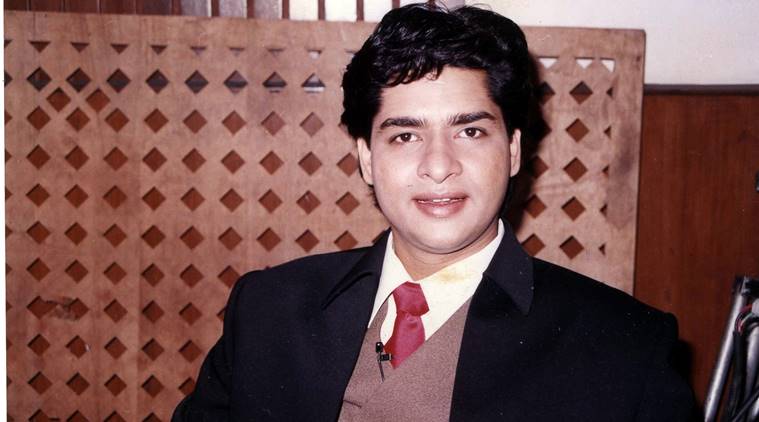Stay updated with the latest - Click here to follow us on Instagram
Suhaib Ilyasi acquittal: From wife’s dying words to ‘erroneous’ medical opinion — where two courts differed
Delhi High Court Friday overturned the trial court's conviction of former TV host Suhaib Ilyasi.
 Former TV host Suhaib Ilyasi (Express archive photo)
Former TV host Suhaib Ilyasi (Express archive photo)
The Delhi High Court Friday overturned the trial court’s conviction of former TV host Suhaib Ilyasi, saying that it had based its conclusion on “suspicion” and not on “unimpeachable evidence”. Analysing the key difference between the judgments:
Two medical boards
The first medical board said two stab wounds on Anju Ilyasi’s body were “self-inflicted and suicidal in nature”. A member of the board dissented and said homicide cannot be ruled out. In 2012, a second medical board comprising five doctors was formed, which pointed towards homicide.
While noting that reports of neither boards “can be relied upon to form a definite opinion”, the trial court said: “Without there being any incriminating evidence… (I shall)… see if there is other material on record, which is sufficient to establish the additional charge of IPC 302.”
The High Court said the trial court’s conviction came without relying on medical opinion, and that the second medical board’s conclusion was based on “faulty analysis, erroneous or absent facts and with no cogent reasons”, which does not inspire confidence. It said it was “beyond contention” that the five-member board gave its report more than 14 years after the date of the incident, without examining the body or the crime scene.
Ilyasi’s statement
The trial court relied on Ilyasi’s statement to the SDM, where he said he threw his revolver under the bed after unloading it, but it was recovered from an open shelf. This, according to the trial court, created a doubt about the intention of his wife to kill herself. The HC , however, said, “When the appellant’s statement was recorded by the SDM… he was not yet an accused…(and his statement as evidence) therefore, (is) legally impermissible.”
Anju’s statement before dying
“I committed a mistake, please save me.” Anju said this to Ilyasi’s Personal Security Officer on the way to the hospital. The trial court interpreted this as her lamenting the fact that she had “married the accused and had to face consequence in the form of the accused stabbing her”. However, the High Court disagreed. “This constitutes a stretching of evidence to the point of incredulity, with no such suggestion coming from the side of the prosecution.”







